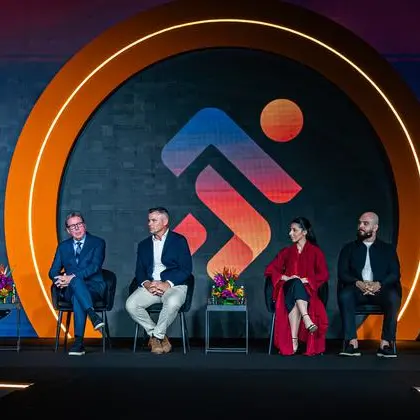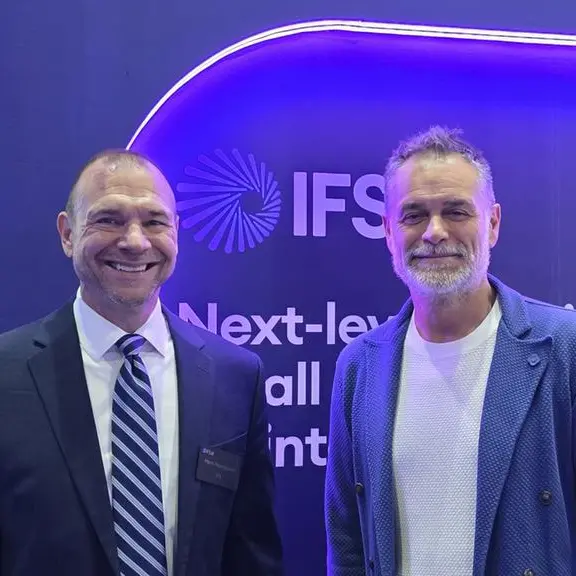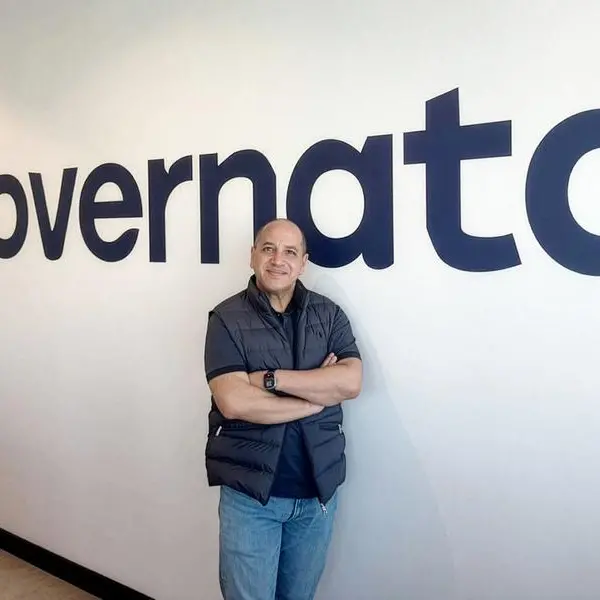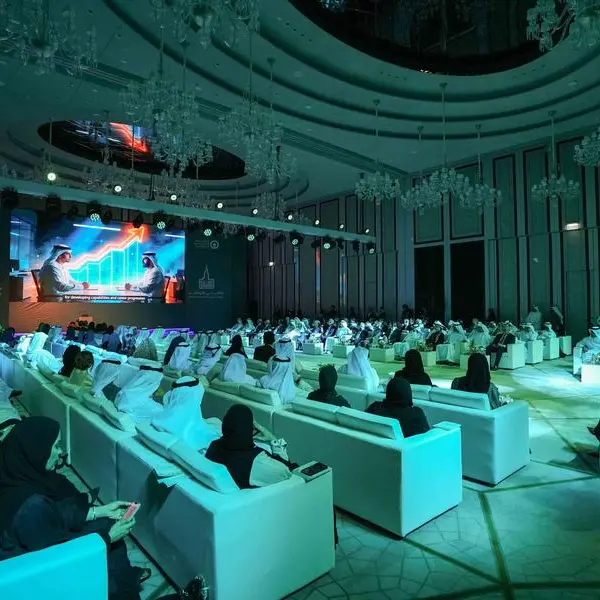Lower oil prices have boosted oil and gas companies' appetite for collaboration to make sure that technological innovations that curb costs and boost performance are quickly deployed.
Dubai, UAE (Gulf Intelligence): Lower oil prices and increasingly challenging oil and gas fields have prompted energy companies in the Middle East and beyond to reconsider disruptive technologies to trim their expenditure, according to Schneider Electric, the biggest maker of low- and medium-voltage equipment.
Disruptive technologies - innovations with the potential to replace traditional technologies - are already widely available, including automation and digitised data for daily operations at oil and gas fields. But bullish oil prices before June 2014 meant that companies stuck to traditional methods and the majority of innovations were left untouched.
"Innovative technologies are the only way the oil and gas industry can be a more efficient, more sustainable and safer industry," said Patrick Albos, Schneider's Oil and Gas Segment President. "The behaviour of the oil and gas industry needs to change, which includes the development of talent and the partnerships between the private sector and national oil companies. Collaboration is key for the future of the industry, not just for certain projects and deals."
Energy companies with a rising appetite for novel technologies are investing systems that foster real-time communication and the integration of different devices and sensors - the so-called Internet of Things (IOT). The IOT enables physical assets to be transformed into digital ones that constantly monitor surroundings. Ideally, the data content is funnelled into the cloud rather than segregated, closed storage systems.
Energy companies can interpret the data to pinpoint trends on how machines are behaving and benchmark them against other assets. Essentially, the technologies can help create a plant, or a well that is 'self optimizing'. Equipment and systems can help create the necessary workflows based on process simulation to heal abnormalities.
For example, IOT has been used to build a 3D model of a refinery in the region, which was mounted on a gaming platform to create a simulator. Workers could be trained on how to operate and maintain a plant without risking the safety of the facility, or interrupting output. These simulators mimic real-life scenarios and include operating procedures that enhance the transfer of knowledge within organizations.
Lower oil prices are squeezing budgets and the global energy industry needs to rethink how it uses its vast volumes of data. Decision makers currently have access to just 1% of the data gathered from their assets. Industry research has shown that improving data capture and analysis could cut unplanned well outages by 50% and crude output by 10% over a two-year period.
The National Oil Companies in the Gulf could make particular use of such innovations. Many own some of the world's oldest continuously-operated fields, but lack the documents, control logics and operational procedures needed to optimise their operational cost and efficiency.
Adopting a collaborative approach to integrate innovative technologies into the industry is only part of the problem. The regional oil industry must simultaneously tackle its growing shortage of well qualified staff - technicians, mathematicians, engineers, scientists, for example - to ensure that the novel ideas of today can be applied to oil and gas fields in decades to come. The shortage is being exacerbated by a large number of retirees; as many as 50% of all petroleum engineers are expected to leave the industry over the next decade.
Some energy companies are already readjusting their business plans. Studies show that the Middle East is poised to become the world's fastest-growing Digital Oil Field (DOF) market, with spending to rise at a compound annual growth rate of 5.9% to 2022. DOF uses big data, workflow automation, and other processes to improve efficiency and maximize output.
About Schneider Electric:
Schneider Electric is the global specialist in energy management and automation. With revenues of €25 billion in FY2014, the company's 170,000 employees serve customers in over 100 countries, helping them to manage their energy and processes in ways that are safe, reliable, efficient and sustainable. From the simplest of switches to complex operational systems, the French company's technology, software and services improve the way customers manage and automate their operations. Their connected technologies will reshape industries, transform cities and enrich lives. At Schneider Electric, they call this Life Is On.
About The Gulf Intelligence:
The Gulf Intelligence facilitates knowledge exchange between stakeholders. The strategic communications and public affairs consultancy produces boutique industry forums and roundtable discussion series globally with an architecture that ensures all participants engage in a dynamic and competitive exchange of knowledge towards a shared goal. The Dubai-based firm assists Middle East companies and government entities to tap dormant intelligence and create knowledge reservoirs that can be utilized to bolster their profiles, to communicate with stakeholders and to overwhelm competitors.
For further details, please contact:
Annette Bontke
Director
Gulf Intelligence FZ LLC
Tel: +971 4 4508980
Fax: +971 4 4508981
Mob:+971 55 7575014
Please stay engaged with www.thegulfintelligence.com
© Press Release 2015



















